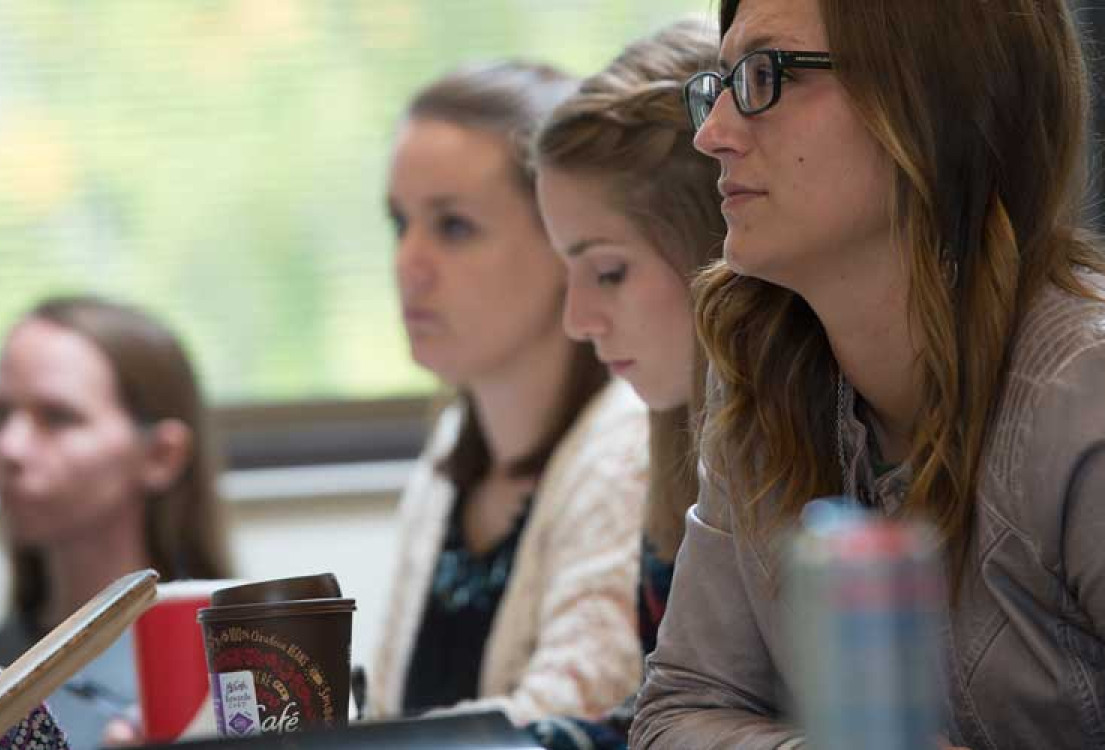4 Tips to Prepare for Your Counseling Internship
One thing at the forefront of any counseling student's mind is the need for internship hours. Though you won't need to worry about those until later in the program, it's good practice to seek out placement immediately. Here are some tips to make your internship and practicum experiences successful.
Plan Early – If you are unaware of any locations in your area that allow for internships, it is best to start searching early. Your university will have a Fieldwork Coordinator to guide you, but a quality internship location often requires effort from the university and the student. Placements are extremely competitive and will fill up quickly. Your effort will pay off when the time comes for interviews.
Plan for Multiple Settings – Having more than one placement in mind is helpful since most graduate programs want you to have multiple experiences. Additionally, as mentioned above, placements are competitive, and you should plan for a backup placement in case something falls through before you begin.
Treat This as Your Career – Most potential placements will have interview processes similar to a full-time position. You will be asked for a resume and go through the company's entire onboarding process. Make sure you know exactly what you are looking for in the internship, just as if you were seeking new employment. Expect questions similar to if you were seeking employment and practice and prepare your answers/questions as you would for any new employer.
Ask for Help – Never to hesitate to ask for help from your faculty or a current mental health professional. Knowing someone who already works at the location you are interested in can be beneficial — again, make connections early. Those connections can often be the deciding factor between you and another candidate. If you know someone who has already gone through this aspect of their counseling program, ask them about their experience. Gather their insights and use what they have learned to assist you better.
Use these tips as a foundation as you begin your journey to becoming a licensed mental health professional. You’ve got this!
To learn more about Huntington University’s clinical mental health counseling program, visit huntington.edu/Counseling.

